৩০ মাঘ ১৪৩২
Iran's Parliament approves Closure of Strait of Hormuz
23 June 2025 19:06 PM
NEWS DESK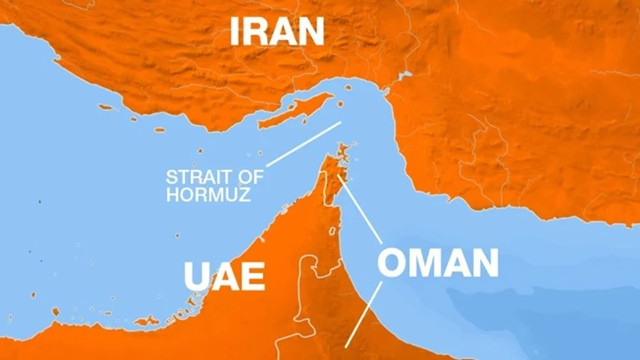
In a response to US strikes on its nuclear facilities, Iran's parliament has voted to shut down the strategically crucial Strait of Hormuz.
Esmaeil Kowsari, a senior Iranian politician, said on Sunday that the Majlis, or Iranian parliament, has decided to shut down the main conduit for international energy commerce in retaliation for the US assault and the international community's silence, reports Press TV.
Although Iran's Supreme National Security Council has the last say, parliamentarians have agreed to close the strait, according to Kowsari, a member of the parliament's national security and foreign policy committee. “The parliament has come to the conclusion that it should close the Hormuz Strait, but the final decision lies with the Supreme National Security Council,” Kowsari said.
Meanwhile, US Secretary of State Marco Rubio on Sunday urged China to persuade Iran not to close the Strait of Hormuz, following American airstrikes on Iranian nuclear facilities, according to Reuters. Speaking on Fox News' "Sunday Morning Futures with Maria Bartiromo," Rubio said China should “encourage Iran to not shut down the Strait of Hormuz.”
About 20% of the world's oil passes through the Strait of Hormuz, which is one of the most important chokepoints in international trade. It is located near the mouth of the Persian Gulf. The Strait of Hormuz is crucial for global energy because, according to different estimates, about 20% of the world's oil-roughly 17 to 18 million barrels per day-passes through it.
A considerable amount of liquefied natural gas also passes across the narrow strait, particularly from Qatar, one of the top LNG exporters in the world.
Major oil producing nations including Iran, Saudi Arabia, Iraq, Kuwait, and the United Arab Emirates call the Strait of Hormuz home. It is the sole marine passage that links the Persian Gulf to the open ocean.
Experts have long cautioned that any closure or disturbance of the strait may cause sudden, significant increases in oil prices worldwide and jeopardize global energy security.
Experts had warned that the war imposed on Iran would likely spread to the sea before the United States started an attack on the Islamic Republic's nuclear facilities early on Sunday.
According to strategic specialists who spoke to Press TV last week, the US and the Donald Trump administration will pay a high price for direct American military participation, particularly if the Strait of Hormuz is closed.
They warned that when the energy sources needed to keep them operating ran out, the majority of multinational firms worldwide would close their doors in a matter of days.
According to some forecasts, oil prices are likely to jump 80% in the very first week if the Strait of Hormuz is closed, as alternative routes would incur heavy costs.






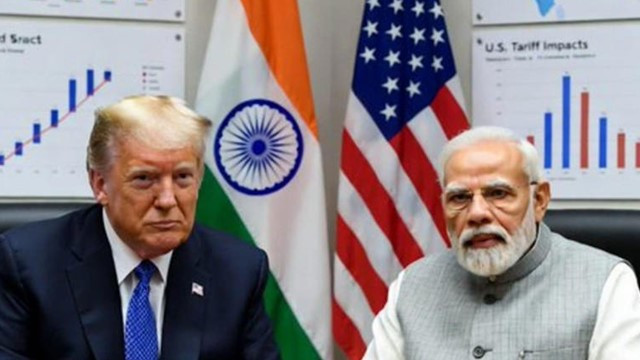

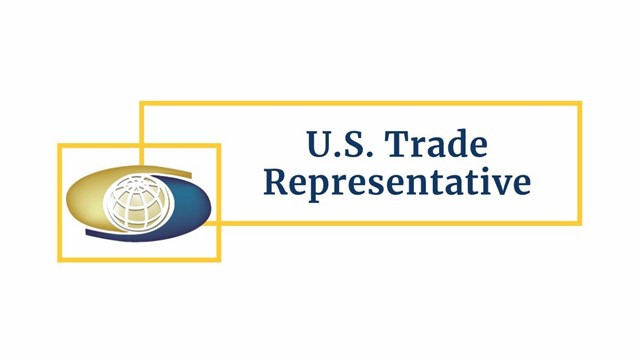
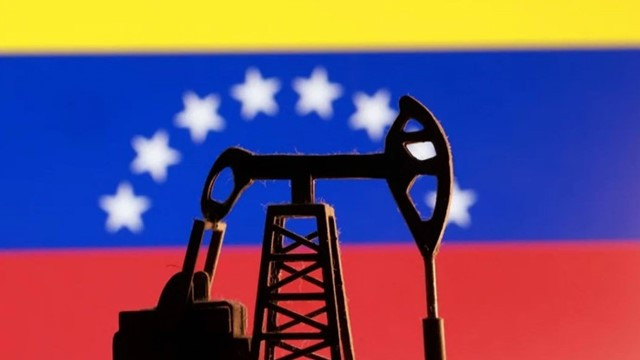

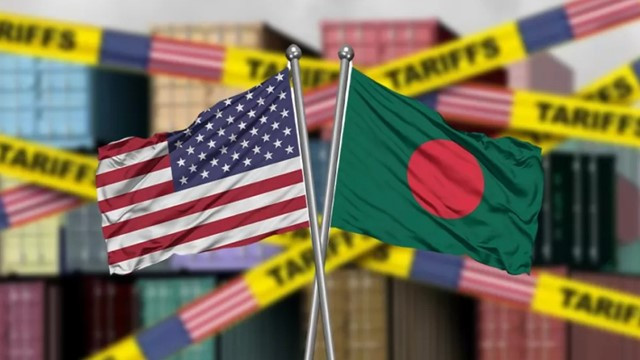







Comments Here: